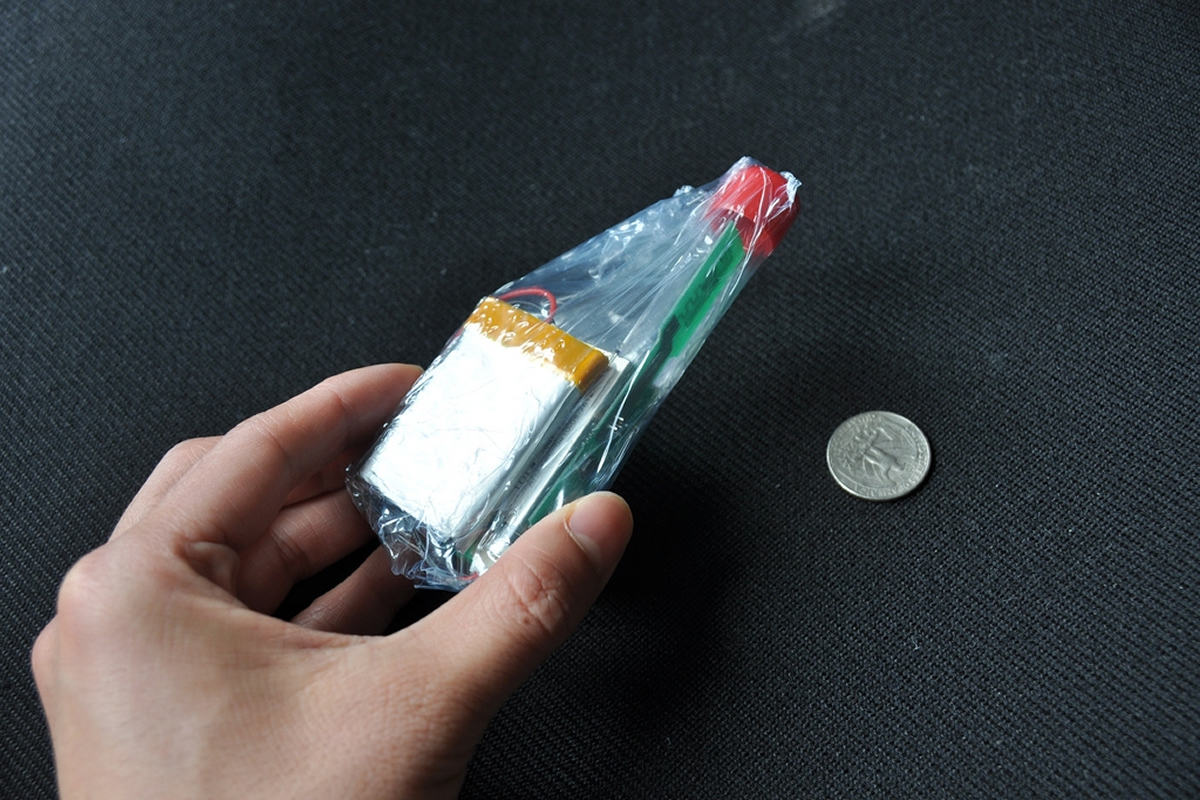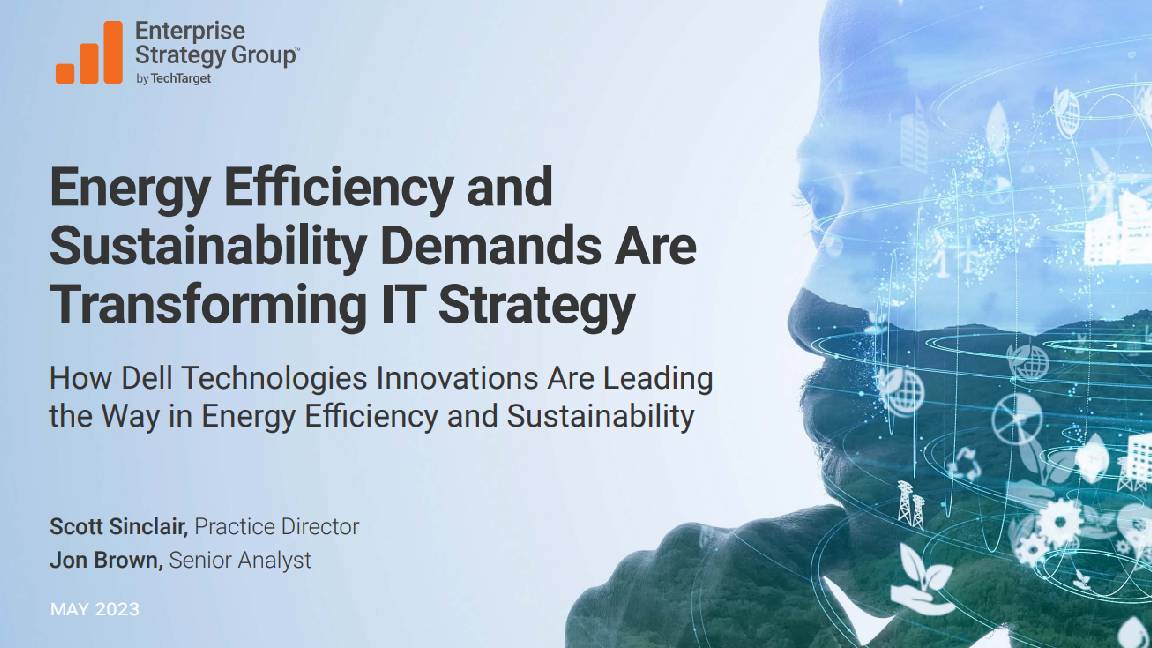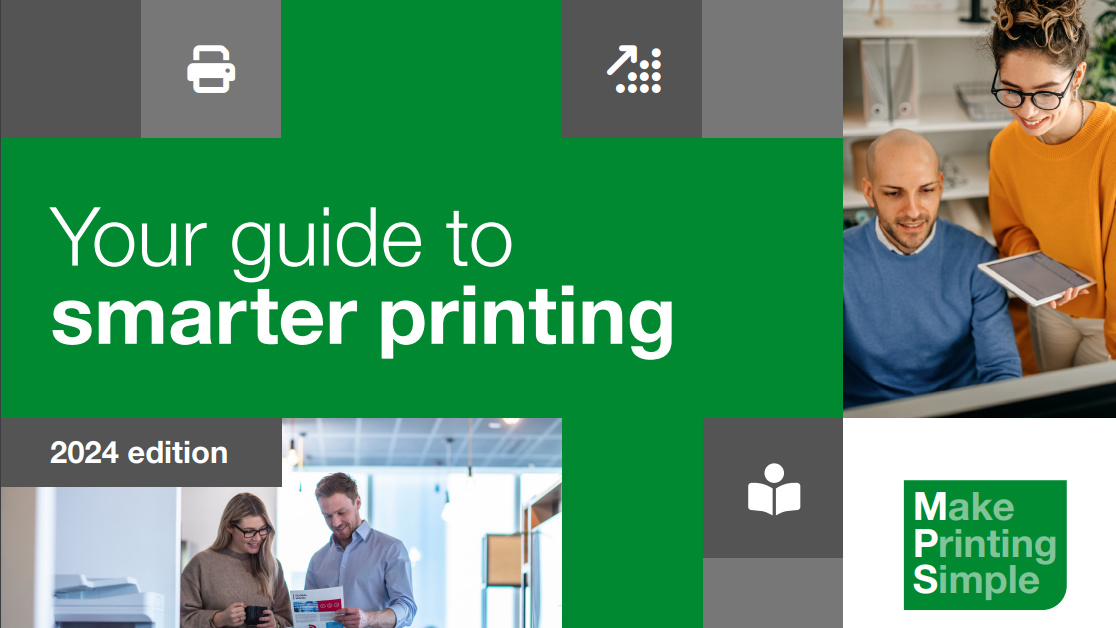Boffins tag rubbish in MIT experiment
Researchers are using mobile phone technology to track where our rubbish ends up.


Boffins at the Massachusetts Institute of Technology (MIT) are using mobile smart tags to monitor rubbish with the aim of increasing recycling practices and reducing landfill waste.
While the researchers are concentrating their efforts on thousands of donated pieces of rubbish in London, New York and Seattle, if successful the project could easily be extended to cover other places facing the same issues of growing landfill sites and a resistance to recycling.
MIT's SENSEable City Lab has produced low-energy, mini mobile phone-like tags that will help the research team collect and analyse data on the gargantuan amount of waste moving around the system each day. In addition to being used in helping create a long-term solution, the results will be showcased in September at the North Gallery of the Architectural League of New York City on Madison Avenue.
"How can pervasive technologies help expose the challenges of waste management and sustainability?" questioned a presentation on the Trash Track blog. "And how can we suggest a future scenario where the same pervasive technologies can make 100 per cent recycling a reality, thereby freeing urban land for other uses?"
It added: "Trash Track will tag different types of waste and follow these through the city's waste management system to reveal the end-of-life journey of our everyday objects."
The MIT team's work follows in the footsteps of similar efforts in New York where the NYC Green Initiative is trying to move its current rate of 34 per cent of landfill waste being recycled today to 100 per cent by 2030.
"Think about a future where thanks to smart tags we will not have waste anymore," project researcher Carlo Ratti said in an interview with the BBC. "Everything will be traceable."
Get the ITPro daily newsletter
Sign up today and you will receive a free copy of our Future Focus 2025 report - the leading guidance on AI, cybersecurity and other IT challenges as per 700+ senior executives
Can the mobile industry go green? Click here to read our feature.
Looking for eco advice? Our top 10 tips for green IT should help.
Maggie has been a journalist since 1999, starting her career as an editorial assistant on then-weekly magazine Computing, before working her way up to senior reporter level. In 2006, just weeks before ITPro was launched, Maggie joined Dennis Publishing as a reporter. Having worked her way up to editor of ITPro, she was appointed group editor of CloudPro and ITPro in April 2012. She became the editorial director and took responsibility for ChannelPro, in 2016.
Her areas of particular interest, aside from cloud, include management and C-level issues, the business value of technology, green and environmental issues and careers to name but a few.
-
 Cleo attack victim list grows as Hertz confirms customer data stolen
Cleo attack victim list grows as Hertz confirms customer data stolenNews Hertz has confirmed it suffered a data breach as a result of the Cleo zero-day vulnerability in late 2024, with the car rental giant warning that customer data was stolen.
By Ross Kelly
-
 Lateral moves in tech: Why leaders should support employee mobility
Lateral moves in tech: Why leaders should support employee mobilityIn-depth Encouraging staff to switch roles can have long-term benefits for skills in the tech sector
By Keri Allan
-
 Beyond the upgrade: How to maximize IT investments and minimize waste
Beyond the upgrade: How to maximize IT investments and minimize wasteHow to maintain optimal performance and productivity with your fleet of hardware and stave off the next upgrade cycle for a bit longer
By ITPro
-
 Energy efficiency and sustainability demands are transforming IT strategy
Energy efficiency and sustainability demands are transforming IT strategywhitepaper How Dell Technologies innovations are leading the way in energy effiency and sustainability
By ITPro
-
 Energy efficiency and sustainability demands are transforming IT strategy
Energy efficiency and sustainability demands are transforming IT strategywhitepaper How Dell Technologies innovations are leading the way in energy effiency and sustainability
By ITPro
-
 Your guide to smarter printing: 2024 edition
Your guide to smarter printing: 2024 editionWhitepaper Making smarter printing simple for all businesses
By ITPro
-
 How to empower employees to accelerate emissions reduction
How to empower employees to accelerate emissions reductionin depth With ICT accounting for as much as 3% of global carbon emissions, the same as aviation, the industry needs to increase emissions reduction
By Fleur Doidge
-
 How much say does IT really have in sustainability initiatives?
How much say does IT really have in sustainability initiatives?ITPro Network Vendors are ready to proclaim their green credentials, but as members of the ITPro Network explain, making changes on the ground can be complex
By Jane McCallion
-
 ESG: Designing the ideal digital work experience for the next generation of innovators
ESG: Designing the ideal digital work experience for the next generation of innovatorsWhitepaper What users want, why it's critical to give it to them, and how the whole organization can benefit
By ITPro
-
 A guide to ESG reporting frameworks
A guide to ESG reporting frameworksWhitepaper Guidelines to assist with your approach to ESG reporting
By ITPro